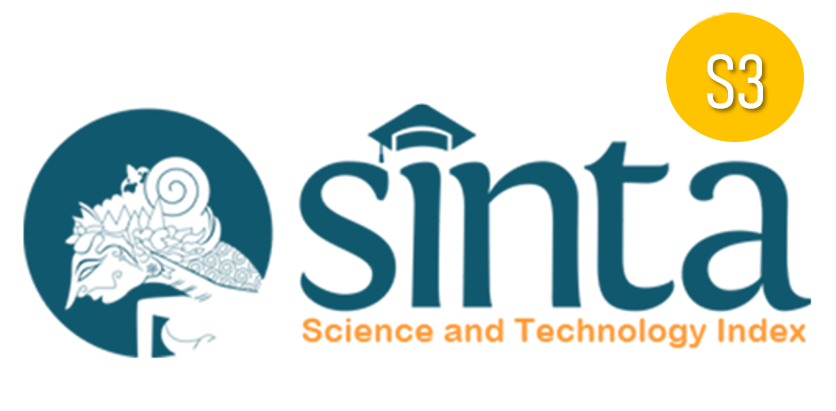Evaluating the Impact of Primary Education: An In-Depth Investigation
Abstract
Keywords
Full Text:
PDFReferences
Ahammad, S. U. (2017). The dynamics of agricultural land management system in Bangladesh: the challenges for sustainable development. American Journal of Rural Development, 5(1), 5-18.
Alam, A. K. M. B., and Shengquan, L. (2019). Primary school teachers in 21st century in Bangladesh: Some potential aspects for professional development identified from relevant literatures. International Journal of Education, 11(4), 48.
Alam, M. (2000). Development of primary education in Bangladesh: The ways ahead. The Bangladesh Development Studies, 26(4), 39–68.
Ali, M. E., and Hossain, M. S. (2010). Primary education in Bangladesh: importance and challenges. Journal of the Institute of Bangladesh Studies, 33, 43-52.
Azad, L. C. M. A. K. (2014). Effects of unplanned rapid urbanization on food security in Bangladesh and ways ahead. NDC E-Journal, 13(1), 135-156.
Mollik, S., Rashid, M. M., Hasanuzzaman, M., Karim, M. E., and Hosenuzzaman, M. (2016). Prospects, progress, policies, and effects of rural electrification in Bangladesh. Renewable and Sustainable Energy Reviews, 65, 553-567.
Rabbi, A. F. (2007). Primary education in Bangladesh. Viability of Achieving Millennium Development Goals, 2007, 1-86.
Sarker, P., and Davey, G. (2009). Exclusion of indigenous children from primary education in the Rajshahi Division of northwestern Bangladesh. International Journal of Inclusive Education, 13(1), 1-11.
Yasmin, S., and Rumi, M. A. (2020). Impact of pre-primary education on children in Bangladesh: a study on government primary schools in Sylhet City. American Journal of Educational Research, 8(5), 251-258.
DOI: https://doi.org/10.17509/ijert.v4i3.66537
Refbacks
- There are currently no refbacks.
Copyright (c) 2024 Universitas Pendidikan Indonesia (UPI)

This work is licensed under a Creative Commons Attribution-ShareAlike 4.0 International License.







.png)




